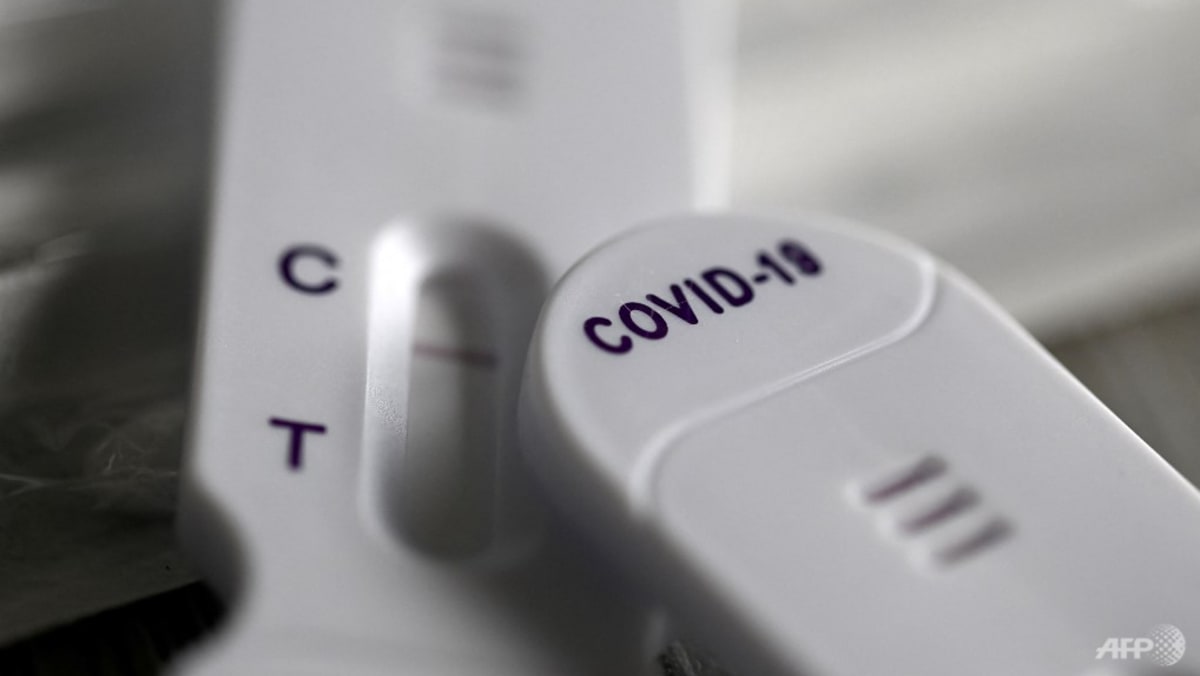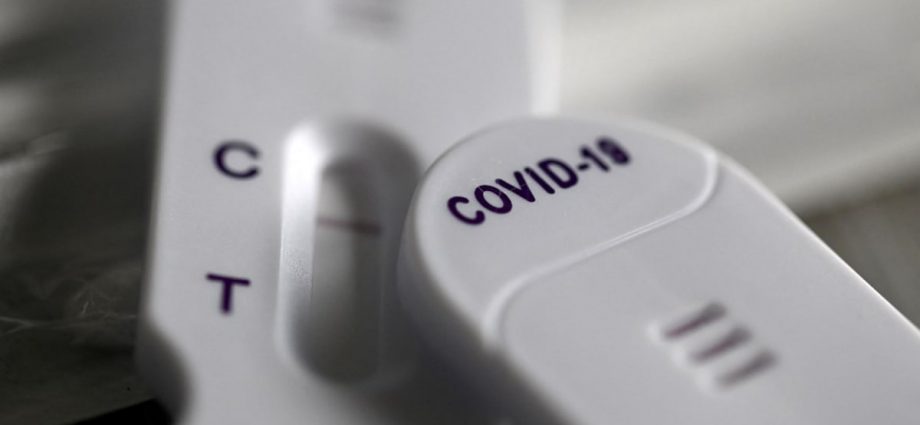
SINGAPORE: Each household in Singapore will receive 12 antigen rapid test (ART) kits from Nov 21 as part of efforts to encourage people to test themselves for COVID-19 if they are unwell.
This would be the fourth round of ART kit distribution since the pandemic started.
“As it is the peak holiday season and there is a high volume of ART kits being delivered, we seek the public’s understanding that some households may receive kits later than others,” said the Ministry of Health (MOH) on Friday (Nov 4).
Regular self-testing is a key line of defence in Singapore’s approach towards COVID-19 to enable early detection and isolation, said the ministry.
“As reinfections become more common, those who experience symptoms like cough, sore throat, runny nose or fever, after 28 days from their previous infection, should also test themselves for COVID-19,” it added.
The Government will continue to support lower-income households who may require more ART kits beyond what the ministry is providing, said MOH.
Beneficiaries of Social Service Offices and Family Service Centres may continue to request additional test kits at these locations.
The Health Ministry will also be working with the Ministry of Education and the Early Childhood Development Agency to provide additional test kits to students from lower-income households.
“More information on the provision of these ART kits would be separately shared with students and parents at a later date,” said MOH.
MULTIPLE SUBVARIANTS CIRCULATING GLOBALLY
The Health Ministry noted that there are now multiple COVID-19 subvariants circulating globally, and new variants may also form.
“With the recovery in international travel, a new highly transmissible variant can enter and spread in Singapore without much advance warning,” it said.
MOH added that regular self-testing will help in early detection and isolation, particularly when one is unwell, coming back from overseas or before visiting or interacting with vulnerable groups such as the elderly.
People who test positive should follow current MOH protocols for COVID-19 cases.
Higher-risk individuals such as the elderly or the immunocompromised, or those with severe symptoms should seek medical attention.
Low-risk individuals with mild symptoms such as fever, cough, and sore throat should continue to monitor themselves closely for signs and symptoms of concern while recovering at home.
“If signs and symptoms worsen, they should also see their family doctor. Members of (the) public are encouraged to only go to the Emergency Department for emergency conditions,” said the Health Ministry.
MOH also advised people who test negative but feel unwell should also reduce social interactions because their illness may be due to other respiratory viruses such as influenza.
“Living with COVID-19 means we must become used to a resurgence of cases due to a new variant from time to time,” the ministry said.
“We must take appropriate measures to keep ourselves and our loved ones safe, such as by keeping our vaccinations up to date, testing when necessary and maintaining personal hygiene.”

